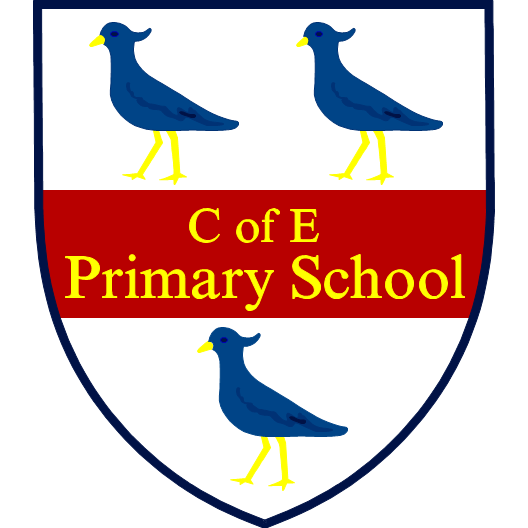Intent
English is central to the whole curriculum, and is taught as a subject in its own right, and as a medium for teaching and learning across all subjects. Through developing fluency in speaking, reading and writing, and active listening skills, children are enabled to access the curriculum and communicate effectively. We aim to ensure that children develop a lifelong love of reading, and an enjoyment and satisfaction in expressing themselves in writing and orally.
Our intent is that all children will read confidently, fluently and with good understanding and read widely and often, for both pleasure and information. They will develop the skills needed to write clearly, accurately and coherently, adapting their language and style for a range of contexts, purposes and audiences. Through the teaching of speaking and listening skills, they will be able to explain their understanding, ideas, thoughts and feelings clearly and be able to take part in presentations, debates, discussions and a range of drama activities.
Implementation
The school follows the National Curriculum. Teaching and learning are within a range of contexts, including opportunities for re-enforcement, building on prior learning and making new connections. A wide range of high quality resources are available for the children to use.
Reading is seen as an essential skill in learning and taught from the earliest stages; children are taught to hear, say and write sounds. In Foundation Stage and KS1 they have a daily phonics lesson, following the Letters and Sounds programme, and have frequent practice in applying this skill in a reading context. Through developing a secure phonic knowledge they use this to decode words, alongside recognising an ever increasing range of familiar words. They are taught progressively more complex reading comprehension skills, reading from high quality texts and for a range of purposes. Children of all ages are read to regularly throughout the week, to develop a love of literature, building a secure base of knowledge of new and classical texts, and an appreciation of the different genres shared.The teaching of writing across the school consists of developing skills in handwriting, spelling strategies and knowledge, accurate use of punctuation, composition – writing for a range of purposes and audiences and knowledge and use of grammar to structure work to match the purpose. They are taught to:
- spell quickly and accurately through a knowledge and understanding of phonics, word structure, spelling patterns and word recognition
- develop the stamina and skills to write at length, with accurate spelling, grammar and punctuation using legible, correctly formed handwriting
- develop, articulate and communicate ideas, organising them clearly and showing an awareness of the audience, purpose and context
- write fluently across a range of genre
- plan, revise and evaluate their writing
Speaking and listening skills are developed through teaching the children how to listen attentively in a range of contexts, speak clearly using standard English, and use a wide and varied vocabulary. They have opportunities to negotiate; evaluate and build on the ideas of others, select the appropriate register for effective communication and give well-structured descriptions and explanations. They develop their understanding through speculating, hypothesising and exploring ideas and use and explore the spoken word in a range of contexts, including presentations, debates and drama.
Impact
By the end of Year 6 children have the key skills, knowledge and understanding necessary for their next stage of learning. They are expected to have developed the fluency and confidence to manage the demands of the whole curriculum and wider school life. They can speak, read and write for a range of purposes and audiences, with confidence, enthusiasm and enjoyment.
